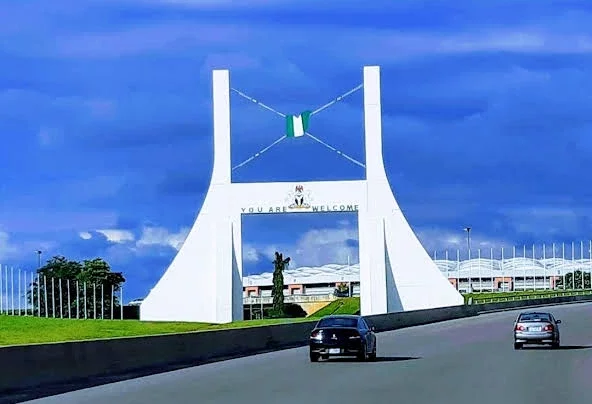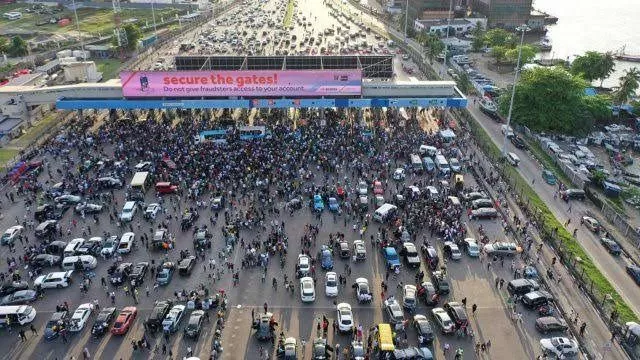On December 12, 1991, Nigeria officially relocated its capital from Lagos to Abuja under General Ibrahim Badamosi Babangida also known as IBB. This historic transition was driven by several strategic and logistical considerations.
Lagos, situated on the coast, faced serious congestion, overpopulation, and limited space for expansion. Also, its coastal location posed security risks, making it less ideal as the nation's administrative centre.

On the other, Abuja was strategically located at the geographical centre of Nigeria, which according to many people, symbolises national unity and neutrality. Those who pushed this position contented that, unlike Lagos, which was seen as predominantly Yoruba territory, Abuja was chosen as a planned city without strong ethnic or cultural ties. The move also represented a step towards decentralisation and the alleviation of pressures on Lagos.

Since then, Abuja has remained Nigeria's capital city (the Federal Capital Territory) till date while many consider Lagos as Nigeria's economic capital due to so many economic and business activities taking places in various parts of the state.
Other key events on this day
1. A truck bomb exploded at U.S. Embassy in Kuwait - 1983
2. Gambia and Senegal signed agreement to be known as Senegambia starting from February 1982 - 1981
3. French troop train derailed in French Alps and killed 543 - 1917 people.
4. Da Vinci notebook sold for over $5M - 1980
5. Stolen "Mona Lisa" recovered in Florence - 1913
6. Kenya declared independence from Britain - 1963
7. Parliamentary elections were held in Nigeria - 1959.
















Comments